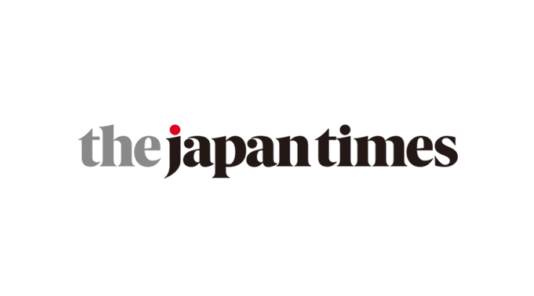Japan has agreed to a consultation with South Korea over Tokyo’s enhanced export control measures, trade minister Isshu Sugawara said Friday, effectively locking both countries into the World Trade Organization’s painstaking dispute settlement process — an undertaking that could potentially take years.
“We’ll make arrangements through diplomatic channels,” Sugawara told reporters on Friday, adding that Japan’s position, that its moves have been consistent with WTO rules, hasn’t changed.
“We’ll continue to explain thoroughly,” he said.
With Tokyo’s reluctant acceptance, the monthslong bilateral dispute has advanced to the global stage — with Seoul apparently hoping the WTO will determine Japan’s actions to have been unfair.
South Korea has fought back furiously against Japan’s measures, downgrading Japan’s trade status in the country and scrapping an intelligence-sharing pact.
Even at the WTO, however, experts say it is unlikely that the hyperpoliticized trade dispute, entwined with contentious historical issues, will be solved.
“The prospects are almost nonexistent,” said Yuka Fukunaga, a professor who specializes in international economic law and the WTO at Waseda University.
Bringing such a political matter to the WTO “is not desirable,” and even if countries do so and the WTO hands down a ruling, “it does not lead to dispute settlement,” she added.
Seoul sent the request for bilateral consultation after lodging a complaint at the WTO last week. After a request is sent, the recipient is generally expected to respond within 10 days.
Now that Japan has responded, both countries are expected to hold the first consultation within 30 days of the original request. If they are unable to settle the matter within 60 days, the WTO will establish a panel of its Dispute Settlement Body. It takes about two years on average for that body to reach a decision.
Fukunaga commended Japan’s decision to agree to the consultation, saying Japan has traditionally honored the WTO and its dispute settlement framework. If Japan hadn’t responded, South Korea could have expedited the process to reach the panel stage more quickly, putting Japan at a disadvantage, she said.
In July, Japan tightened screenings of exports to South Korea on three chemicals used in the production of chips, televisions and smartphone screens, which are among South Korea’s most vital industries. Then, in August, Japan removed South Korea from its list of trusted trade partners, and expanded stricter export controls to a wide range of materials Tokyo says could be used to make weapons.
The relations between the two countries, frequently plagued by historical issues, began deteriorating at a rapid pace last year when the South Korean Supreme Court ordered Japanese companies to compensate victims of wartime forced labor.
Tokyo has justified its series of responses by claiming they were caused by a breach of trust related to national security.
South Korea argues Japan’s moves are deliberate attempts to damage its economy in retaliation for the judicial decisions.
A senior official at Japan’s Foreign Ministry told reporters in July that the WTO is not traditionally a place where individual export controls by countries in close relation to national security matters are subjects of deliberation, unlike disputes related to free trade.
Fukunaga, the Waseda professor, said few cases related to national security have been brought to the WTO but that the situation has changed recently, citing a dispute on U.S. steel and aluminum import measures.
“Those kinds of problems shouldn’t be brought to the WTO in the first place, and individual countries have carried out export controls carefully so as not to be brought (to the WTO),” she said. “That’s why the odds of them becoming disputes has been low. Even if they became disputes, they weren’t brought to the WTO.”
To read the original article: Click here

